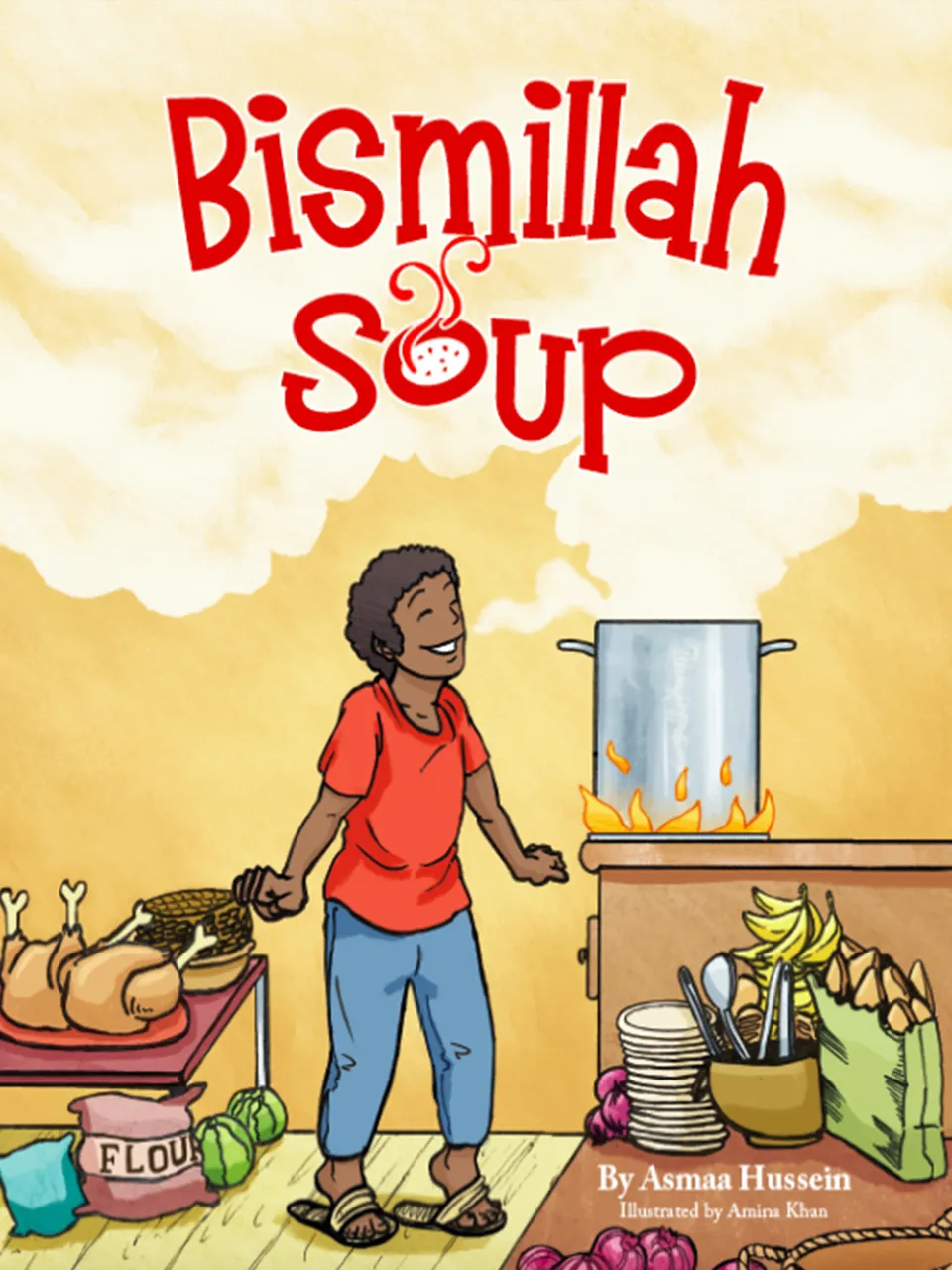
Free Shipping On Orders Above $75

Create a special place for them in your or their rooms with toys, books or other activities they enjoy. Have a small bookshelf full of your kids’ favourite books and comfy bean bag chairs for them to sit and read. Have a special cartoon that you can share with each other. Do some fun crafts together.
There are many perks of living with one’s extended family. Your children will have the privilege of living in a home full of people who love them and who have rich and diverse experiences.
Having loving grandparents and fun uncles and aunts around can lead to a wonderful and memorable childhood for your kids. Extended family members may also speak a second language and learning that language is significantly easier for your child if those around him or her are speaking it.
If the family members of the extended family are able and willing to help care for your child, the benefits of that can be far-reaching: from being able to take a shower without worrying about your curious toddler breaking everything you own, to having the reassurance that you are leaving your child in the care of people you trust.
You can even entrust your child to people who genuinely care and love them when you need to run errands or go to work. In the context of Islam and Extended Family, this setup reflects the values of community and support, emphasizing the importance of a strong familial network.
That being said, regardless of how loving your extended family is, having multiple family units living together can be a source of conflict. You will need to practice an immense amount of patience.
Living in a mixed-family home can be a beautiful yet challenging experience, especially when you aim to balance the benefits of extended family with the principles of Islam and Extended Family. The presence of multiple generations in one household can offer a lot of love and support.
Children benefit immensely from the wisdom and experiences of their grandparents, uncles, and aunts in an Islamic household. They gain a deeper understanding of their cultural and religious heritage, and the opportunity to learn a second language from family members can be invaluable. They also gain understanding of the importance of Islamic brotherhood while living with extended families.
Adhering to Modest Muslim principles is essential in such a setup. It's important to foster an environment where Islamic values are upheld, and free mixing between non-mahram members of the household is minimized. This can be achieved by setting clear boundaries and communicating your expectations with respect and gentleness.
By embracing these strategies, one can thrive in a shared home while adhering to Modest Muslim principles and navigating Free Mixing and Islam concerns. The key is to balance the benefits of extended family living with the needs and well-being of your child.
From my own experiences living in a mixed-family home, and after hearing from a number of women who live or have lived in this set-up, I have compiled a list of nine ways to thrive with your child in your shared home while adhering to Modest Muslim principles and navigating Free Mixing and Islam concerns.
Assume the best of your family members. Unless they have blatantly shown disregard for you or your children, assume that they are loving individuals who have your best interests at heart. Stay as optimistic as possible. If they do something to annoy you, give them the benefit of the doubt.
Be open to taking suggestions and advice from older family members. They have a lot to offer and it makes them feel valued to be a part of your child’s upbringing! It should nonetheless be clear that as the child’s parent, you are the ultimate authority and will make the decisions you see as best.

Recognize that there are some wonderful perks to your living situation and not everyone has access to these perks. But regardless of those benefits and regardless of how loving your extended family is, your child has to come first.
Their development, their education and their character are all in your hands and you will be held accountable by God for how you raised them. Be firm about issues that may adversely affect your child’s well-being but stay flexible in the matters that will not affect your health or development. As a parent, you will know the difference.
For example, you most likely have a general routine with your kids, which is very important. But once in a while, if the routine has to be modified (within reason) in order to make life easier for another family member in the household, be open to making the change.
Or you may find that your children are too distracted at home to do homework because of the number of people in the house. Instead of being resentful of the household activities, find another place to regularly take your kids to do homework (e.g. the library).
A good question to ask yourself is: if I diverge from this particular routine, will it affect the main goals I have in place for my child’s development/upbringing? If the answer is no, you can likely be flexible in accordance with the rules of Islam and extended family.
Communicate your wishes and boundaries with respect and gentleness. Many (if not most) disagreements between you and your extended family are the product of misunderstandings and can be solved by communicating in a respectful but firm way.
Perhaps you haven’t adequately explained your parental outlook to them, so they simply don’t know that how they are interacting with your child or what they are offering to her bothers you.
For example, if the adults in the household are continuously giving your child treats without asking your permission, it’s most likely because they don’t know that you’ve set certain rules and boundaries around her eating. You may not want to allow your child to have certain types of food, or you may only allow it after he has a meal, etc.
Chances are that your extended family doesn’t know this or occasionally forgets. Communication about your concerns is key, and gentle reminders after that are necessary. Be consistent, even if it is difficult.
If you let these misunderstandings stew without speaking up, resentment will build up and may permanently damage your relationship with these family members. (Not to mention, bottling up your feelings is not good for your mental health, and therefore not good for your children’s mental health.)
In the context of Islam and extended family, if your spouse is around, the pair of you should agree on how you will raise your children and what goals, routines, and rules of discipline should be in place. Then, continuously present a united front. This will not only benefit your child but will also communicate clearly to your extended family that there are certain ideals you are not willing to compromise.
You must also determine the best and wisest way to communicate this with your extended family. For example, if you are a woman living with your in-laws, it would be ideal if your partner is the one to take an active role in ensuring his parents are on board with your parenting methods.

For the benefit of yourself and your child, have an active and substantial life outside your home. Set up a positive routine for yourself and your children by taking part in community programs, setting up playdates and making regular trips to the library.
It’s imperative to have your own routine and not rely solely on the routine of the other adults in the household. Having to constantly live within other people’s routines, no matter how close and loving they are, can leave you feeling trapped.
You and your kids need some regular, quiet downtime. If you have a particular section of the house that you live in (e.g. the basement), this is much easier to accomplish. If not, you at least have the privacy of your room, and it should be known that this area is off-limits to others without your express permission.
If you face a situation where your children will be exposed to heated arguments or inappropriate behaviour, remove them from the situation and retreat to your safe haven. Sometimes you need to have privacy with your kids without the presence of others – even when no negative influences are present in the house.
Create a special place for them in your or their rooms with toys, books, or other activities they enjoy. Have a small bookshelf full of your kids’ favourite books and comfy bean bag chairs for them to sit and read. Have a special cartoon that you can share with each other. Do some fun crafts together.
Once in a while, take a break from the chatter of the family and have a little time alone. Truthfully, your extended family might appreciate that quiet time away from the kids, too!
This one is pretty self-explanatory. To maintain a harmonious household, you need to determine which “conflicts” are worth spending your time on, and which aren’t.
If your child is being exposed to inappropriate content on TV or other potentially negative behaviours that can harm him or her, those are likely the battles you should fight. If your in-laws give your child a cookie every once in a while, that might be something you want to let go.
Always come back to the point about assuming the best in your family members. If you assume that any/all of these behaviours are being done simply out of forgetfulness, distraction, or lack of understanding, you can forego the anger and deal with the issue in a level-headed way.
When it comes to Islam and extended family principles, as a modest Muslim if your child is misbehaving or having a tantrum, try to remove the child from the presence of the other family members and go about whatever methods of discipline you have in place – in private. Other family members may feel the need to jump in and “help” with the disciplining, which may not be a positive experience for you or your child.
Similarly, giving advice to people in private is a principle derived from the Sunnah of the Prophet Muhammad (saw). Advising someone in public usually only serves to humiliate that person. The same principle applies when disciplining kids; do it in private to protect their self-esteem.
In a household, especially in an extended family setting, your children are watching how you interact with all the members of the household. If you are rude, dismissive, and disrespectful, they will quickly adopt a similar attitude and set of characteristics.
Conversely, if you are kind, balanced and flexible with your extended family, your child will reap the benefits. Speaking respectfully, openly and confidently to family members (especially during disagreements) will allow your child to understand how to act when they are in a similar situation.

Too many parents forget about self-care. They mistakenly believe they can do without it. But truthfully, you need that time away from the hectic household. In Islam, it is important to have regular ‘family nights’ with your spouse and kids, regular date nights with your spouse, time with your personal friends and time alone to explore your own interests and hobbies.
This is important because as a parent, and as an individual as well, this will give you the emotional boost you need to practice patience and respect with all your family members. And this will eventually lead to enable you to practice some if not maybe all principles of Islam and extended family.
If a living situation becomes volatile or if you or your children are being exposed to any type of abuse, the best remedy is to swiftly leave that home. Always place you and your child’s mental, emotional and physical safety as a priority.

.webp)

$
12.99
12.99
12.99

£
10.49
12.99
12.99


12.99
12.99
12.99
Best Seller
October 16, 2025
Best Seller
Family
Values

.webp)

$
12.99
12.99
12.99

£
10.49
12.99
12.99


12.99
12.99
12.99
Best Seller
November 25, 2025
Adventure
Values

.webp)

$
12.99
12.99
12.99

£
10.49
12.99
12.99


12.99
12.99
12.99
Best Seller
November 25, 2025
Adventure
Values

.webp)

$
12.99
12.99
12.99

£
10.49
12.99
12.99


12.99
12.99
12.99
Best Seller
November 25, 2025
Family
Values

Sign up today and get 10% off your first order!
Use this discount code at checkout: TENOFF